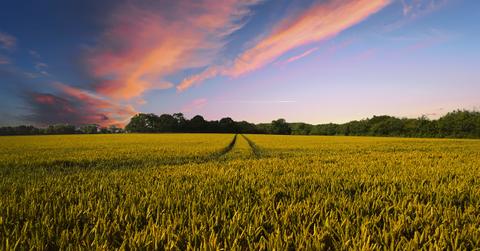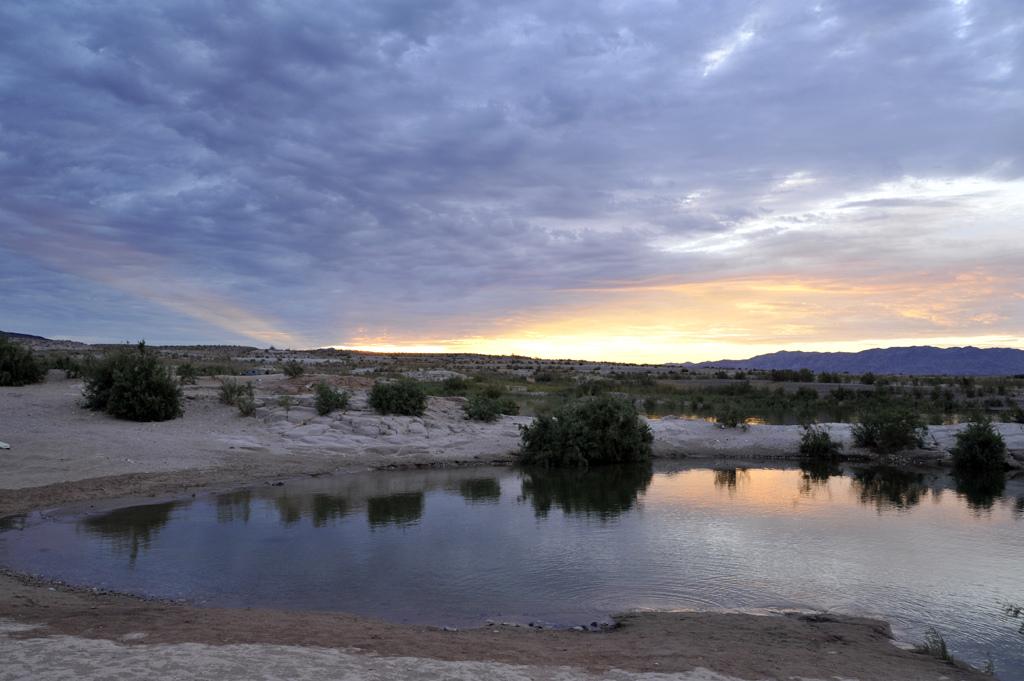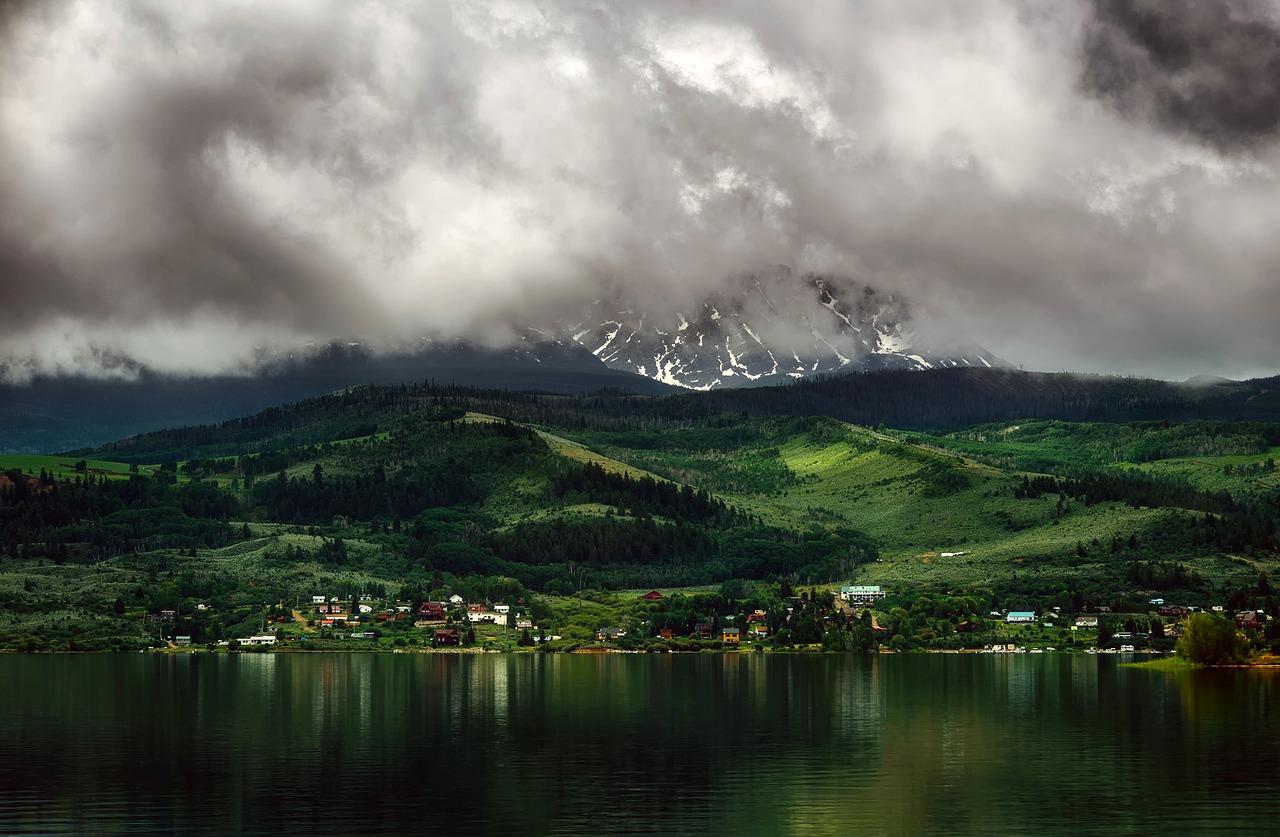Why This Program Pays Farmers To Stop Using Water
Farmers that live in the Colorado River area can apply for the System Conservation Pilot Program to be paid for not using water. The program was created in an attempt to limit usage and to prevent a massive water supply shortage.
Updated May 14 2019, 5:30 p.m. ET
Can you imagine being paid as a farmer to not water your crops? That’s exactly what’s happened with some ranchers along the Colorado River with the System Conservation Pilot Program. Four water companies and the Bureau of Reclamation teamed up to limit water usage to prevent a disastrous shortage of water for many western states.
A drought along the Colorado River has been unfolding since the turn of the millennium, but observations were stepped up in 2014. Lake Mead and Lake Powell are the biggest pockets of water along the river, and those levels dropped to below half their capacity. There was simply no backup plan if the shrinkage continued and the population in the area lost their water supply.
That became a major problem when looking at long-term forecasts, showing that the air was going to get even drier and more evaporation would occur. This led to tighter restrictions for the lower basin states like Nevada and California. Las Vegas, which gets 90 percent of its drinking water from Lake Mead, forced wastewater reuse and encouraged homeowners to ditch their lawns.
One of the ideas that sparked the eventual pilot program was San Diego and Los Angeles paying farmers in the area to limit their water use. The collaboration knew it had to tread lightly and made it completely voluntary to the farmers, who had the right to do anything they wanted with the water. If they felt threatened, nobody would give in, which could create massive water supply problems.
Among the four water distributors and the Bureau of Reclamation, they raised $15 million to give to these farmers. All they would need to do is let the water flow through, going right back into the river and to no one specifically. Freddie Botur, a farmer that owns 72,000 acres of farmland in Wyoming, told Aspen Journalism that he would receive $240,000 for not plowing 1,700 acres of hay fields -- that was a third of his total revenue for a year.
His skepticism quickly turned around, and it did for a lot of others in the area. As the pilot program grew over the recent years, the number of applications quickly grew. It didn’t require a significant chunk of farmland to be lost and they would be able to make it up by how much the program paid them.
That being said, the program certainly isn’t for anyone. Those that have properly set up their farmland and are extremely efficient at growing crops likely may lose money on the deal. Another farmer, David Harold, believed that the program is ideal for those looking to improve their irrigation performance.
Some states also have laws in place where farmers need to use a certain amount of water to retain their share. Go below that level, and the give up their water rights. Colorado doesn’t have this problem as it’s passed a law protecting those farmers from ever giving up their water.
After this year, the program will be coming to a standstill with money running out. A healthy snow season last year will contribute to above-average levels of the upper basin being released, but the threat of drought still exists as the climate continues to get warmer. Some farmers who were skeptical are now lobbying for federal funding. Having just a taste of rationing their usage as made them more aware of the potential problems, and that’s quite remarkable for a voluntary program to achieve.


